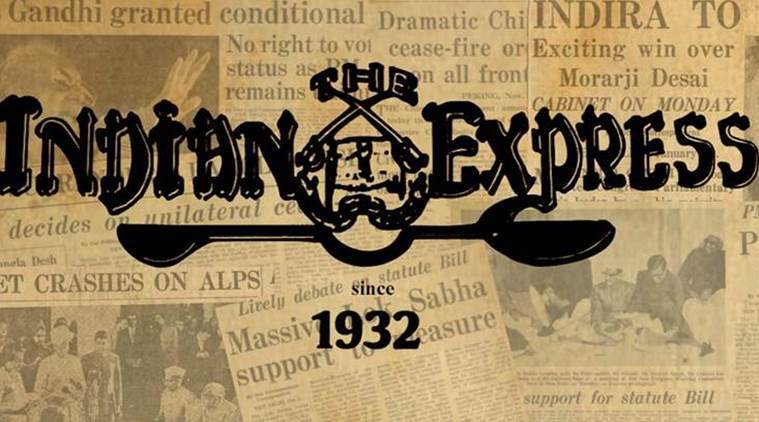 A first step towards restoring the institutional primacy of Parliament could be for the government to reach out, to build cordial relations with the Opposition and ensure the smooth conduct of House sessions.
A first step towards restoring the institutional primacy of Parliament could be for the government to reach out, to build cordial relations with the Opposition and ensure the smooth conduct of House sessions.
Rajya Sabha Deputy Chairman PJ Kurien wants live broadcast of proceedings in Parliament to be stopped since it could show the House in poor light. Kurien’s concern for the image of the House is understandable. But with due respect, the causes of falling standards of parliamentary conduct and the cures for it lie elsewhere. Kurien, who retires on July 2 after two terms in the Rajya Sabha, argues that the live broadcast of proceedings has resulted in “so many unparliamentary words and unfounded criticisms” beamed into public space while the Chair may have expunged them from House records. His contention is that the Chair’s efforts to ensure propriety and order in the conduct of Parliament is thereby rendered meaningless. This may well be the case. At the same time, however, it sounds suspiciously like the messenger is being blamed.
In the past, people have blamed live broadcast of proceedings more directly for the ungainly conduct of MPs in the House. It has been argued that cameras induce parliamentarians to engage in rhetoric and showmanship instead of reasoned debate. But the reasons for the decline of Parliament as a forum of debate are more complex, go much deeper: They have more to do with the rise of personality-centric politics, the breakdown of dialogue, and even civility, between the government and the Opposition, which Kurien refers to, for instance. These changes, caused by the privileging of political mobilisations centred on polarising issues and demagoguery, have resulted in a general weakening of institutions, of which Parliament is an important part. The hardening of exclusivist collective identities — religious, caste, ethnic — have also transformed electoral politics, in favour of candidates who can mobilise resources, including money and muscle power. Today’s parliamentarians may be more representative of the country’s class and caste diversity, but they also hold up a mirror to the general indifference to, and neglect of the task of nurturing robust traditions of debate.
A first step towards restoring the institutional primacy of Parliament could be for the government to reach out, to build cordial relations with the Opposition and ensure the smooth conduct of House sessions. As Kurien says, “the government should accept that the Opposition has a right to criticise them” and the “the Opposition should accept that the government’s job is to run the country”. On the eve of another parliamentary session, introspection is needed on how to rebuild the House, across the aisle.